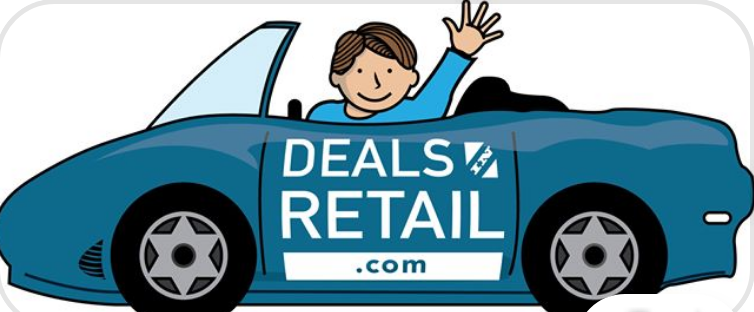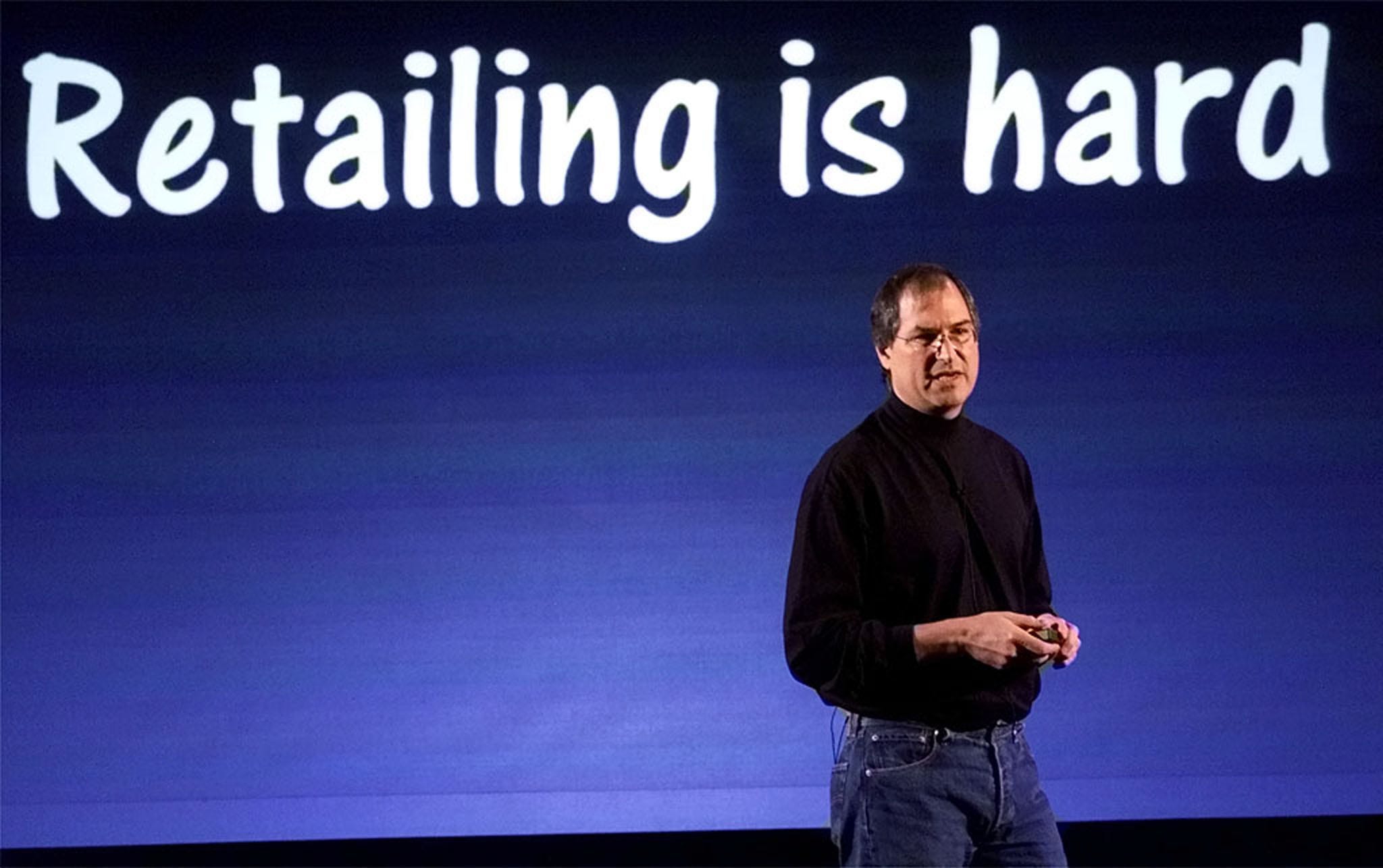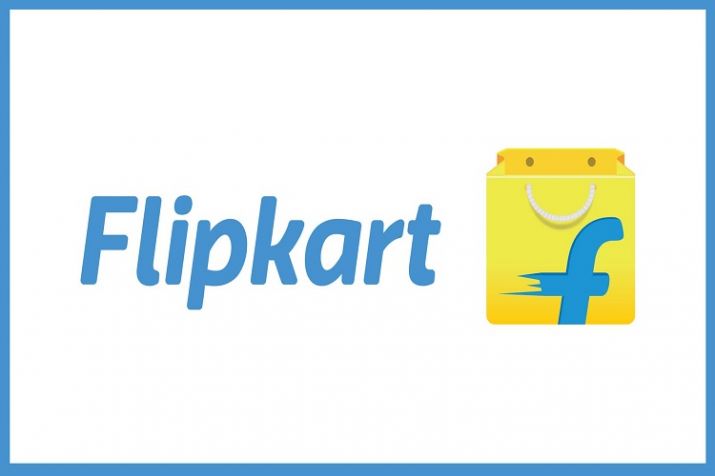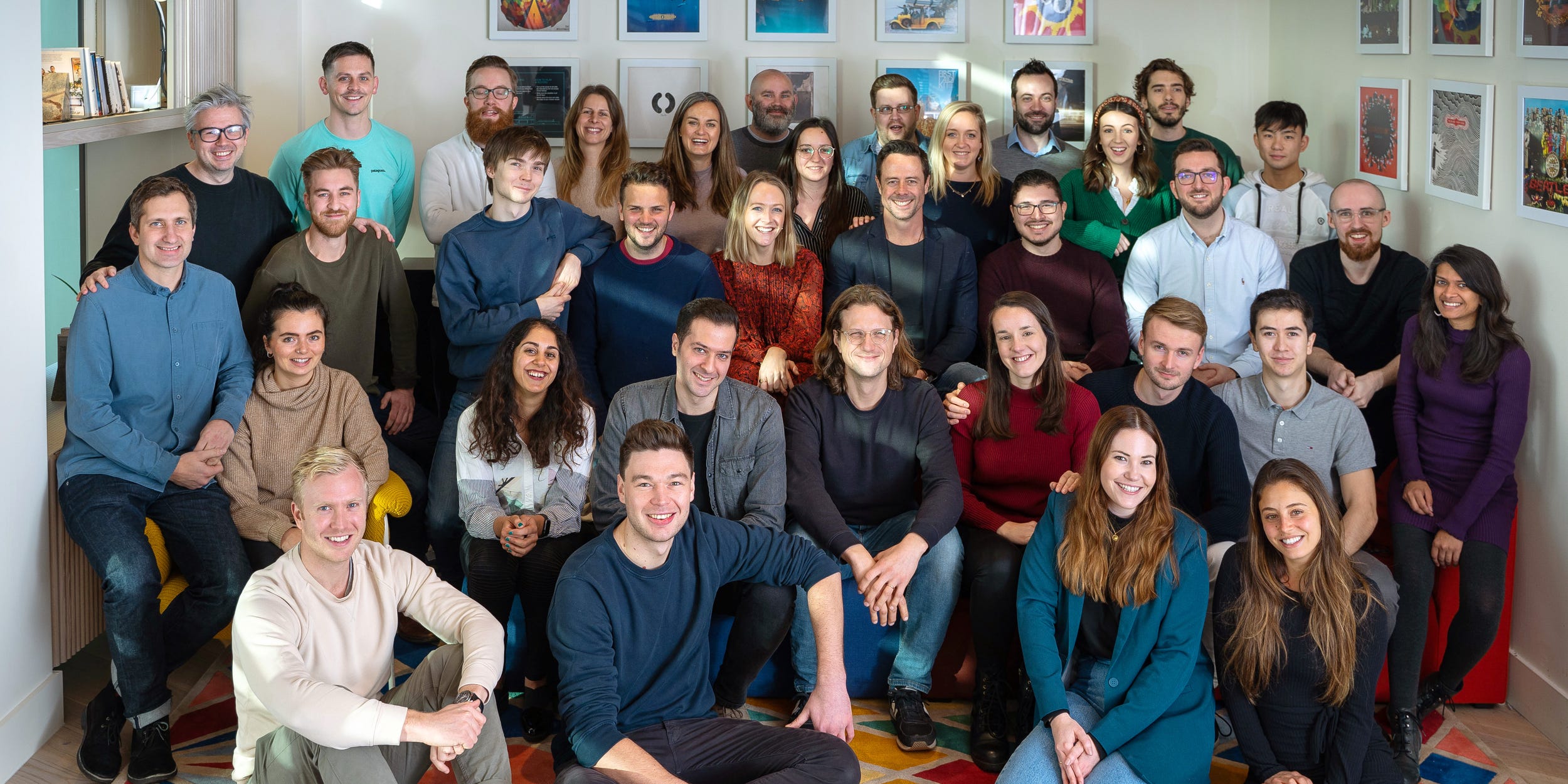By KYLE WIGGERS@KYLE_L_WIGGERS
The micromobility market consolidated a bit today in what might be a harbinger of wider contraction. Coinciding with a $75 million extension to Bird’s series D funding round that brings its total raised to $350 million (up from $275 million as of November 2019), the Berlin- and Santa Monica-based electric scooter and bike company confirmed it has acquired escooter operator Circ (formerly Flash) for an undisclosed amount. Over 300 employees from Circ’s offices in Europe will join Bird in its ongoing mission to provide “streamlined, sustainable, and safe” transportation.
“I founded Bird nearly three years ago because we need to change the status quo and take a transformative stance to combat the traffic and pollution that affect our cities and endanger people globally,” said Bird founder and CEO Travis VanderZanden. “To further advance our mission, we’re excited to acquire Circ, which is the clear European leader. We like their laser focus on treating cities as their number 1 customer and their mindset of prioritizing profitability over growth … More than 12 months ago we shifted our focus from growth to profitability, which put us in a position to deliver the strongest unit economics and longest-lasting custom-designed vehicles of any micro-mobility company today.” NOW PLAYING






Prior to the acquisition, Berlin-based Circ nabbed €55 million ($60.57 million) in a January 2019 series A (the month it launched in Zurich, Switzerland), but the capital belied challenges. TechCrunch reported last November that the startup laid off about 50 of its employees (10% of its workforce) following a move to swappable batteries and a shift in focus to “efficiency and ops excellence.” At the time, CEO Lukasz Gadowski, who previously founded food delivery service Delivery Hero, cited “seasonality” and “operational learnings” as motivations for the restructuring.
Despite this, Circ claimed it saw “positive unit economics” in 2019 in cities within about one-third of its countries (five out of 14) and said it expected to be “unit economic profitable across the group” this year. And as of late 2019, Circ’s escooters had given 3 million registered customers 10 million rides across more than 43 cities and 12 countries in addition to the United Arab Emirates, up from 1 million rides across 21 cities and 7 countries in June.
“With deep city partnerships and leading technology, we have established ourselves as the micromobility leader in Europe,” Gadowski said in a press release issued this morning. “As a combined company with Bird, we will be able to significantly accelerate our mission throughout Europe to provide safe, available, affordable, convenient, and sustainable rides.” Investors joining Bird’s existing investors as part of the combined company include Target Global, Team Europe, Idinvest Partners, and Signals Venture Capital.The Circ purchase follows Bird’s roughly $25 million acquisition of electric scooter and bike operator Scoot Networks, which enabled it to operate in San Francisco. (Bird last December laid off two dozen Scoot employees.) More recently, Bird announced the Bird Two, a $1,299 escooter architected with “industry-leading” battery life; the Bird Cruiser, a miniature motorbike featuring a padded seat that can accommodate up to two riders; and the Scoot Moped, a Scoot-branded edition of the Cruiser. And those unveilings arrived after Bird’s monthly rental program, which for $25 allows customers in selected cities unlimited rides on a personal scooter.
Bird’s customer experience is much like that of its competitors Lime, Spin, and Skip. Using an app, users rent a scooter for $1, plus a per-minute charge of 15 cents to 20 cents depending on the city. After their trip ends, the wheels lock, and a team of gig economy workers collects and recharges the scooters before redocking them. (Half the revenue from each Bird trip goes to these “chargers.”)
It’s a simple enough business model, and indeed, the startup managed to expand its scooter network to over 120 cities and power more than 10 million rides in the two years since its founding. But the execution hasn’t been flawless. As of November 2018, Bird has paid nearly half a million dollars in fines and court fees and had hundreds of its scooters seized. And in March 2019, it laid off between 4% to 5% of its workforce as part of its annual performance review process.
In a bid to bolster profits, Bird said in May it would outsource its ridesharing business to entrepreneurs outside the U.S. and Europe. Franchisees like Bird Canada purchase escooters preinstalled with Bird Brain, a custom software solution designed to simplify fleet and staff management, along with products and technology from Bird. The franchisees cover associated maintenance costs but receive technical support and advice from Bird’s operations team, and Bird takes a 20% cut of each trip fare in exchange.
As The Verge and other publications have noted, Bird’s pivot toward a decentralized model comes as the company struggles to achieve profitability in a cutthroat industry. A recent piece published by Quartz found that Bird escooters in Louisville, Kentucky complete an average of 70 trips over 85 miles and have a lifespan of 23 days. VanderZanden has previously said that Bird’s escooters will need to last at least six months for the company to break even.
Bird lost nearly $100 million in the first quarter of 2019 as its gross revenue shrank to $15 million, according to The Information, down from $40 million in the previous quarter. Bird reportedly told investors in July that it was averaging $3.65 per ride and had 19% gross margins, and it asserted it was on its way to reducing costs per scooter from $551 to $360.
Bird has myriad competitors, but its chief rival might be the aforementioned Lime, which has raised $765 million to date.
San Francisco-based Spin was snapped up by Ford for a reported $100 million last year. Meanwhile, Jump Bikes raked in $10 million last January before it was acquired by Uber in April and expanded into electric scooters. Y Combinator-backed Skip raised $31 million to establish a foothold in San Diego, Austin, Washington D.C., and San Francisco. Dutch startup Dott recently secured $23 million for its fleet of electric scooters and bikes. Sweden’s Voi raised $50 million to expand its electric scooters to more cities across Europe. And Beijing-based Ofo brought in over $2.2 billion to deploy its bicycle and scooter fleet to over 250 cities and 20 countries.
That said, the micromobility sector — which includes shared escooters and bikes — is cooling. A Quartz analysis of Pitchbook data found that it raised $795 million from investors in the current quarter across seven deals, and $1.3 billion last year as of September across 33 deals. That’s compared with $4.8 billion in the first three quarters of 2018 over 48 deals, for a decrease of about 73% in value and 31% in volume.
Under pressure from investors, Lime announced earlier this month it would lay off 100 employees and leave 12 markets with the goal of becoming profitable this year. (READ MORE)




![[Funding Alert] Facebook, Others Back Edtech Start-Up Unacademy In $110 Mln Funding Round - deals in retail](https://dealsinretail.com/wp-content/uploads/2020/02/Funding-Alert-Facebook-Others-Back-Edtech-Start-Up-Unacademy-In-110-Mln-Funding-Round-deals-in-retail.jpeg)






